Frozen Time
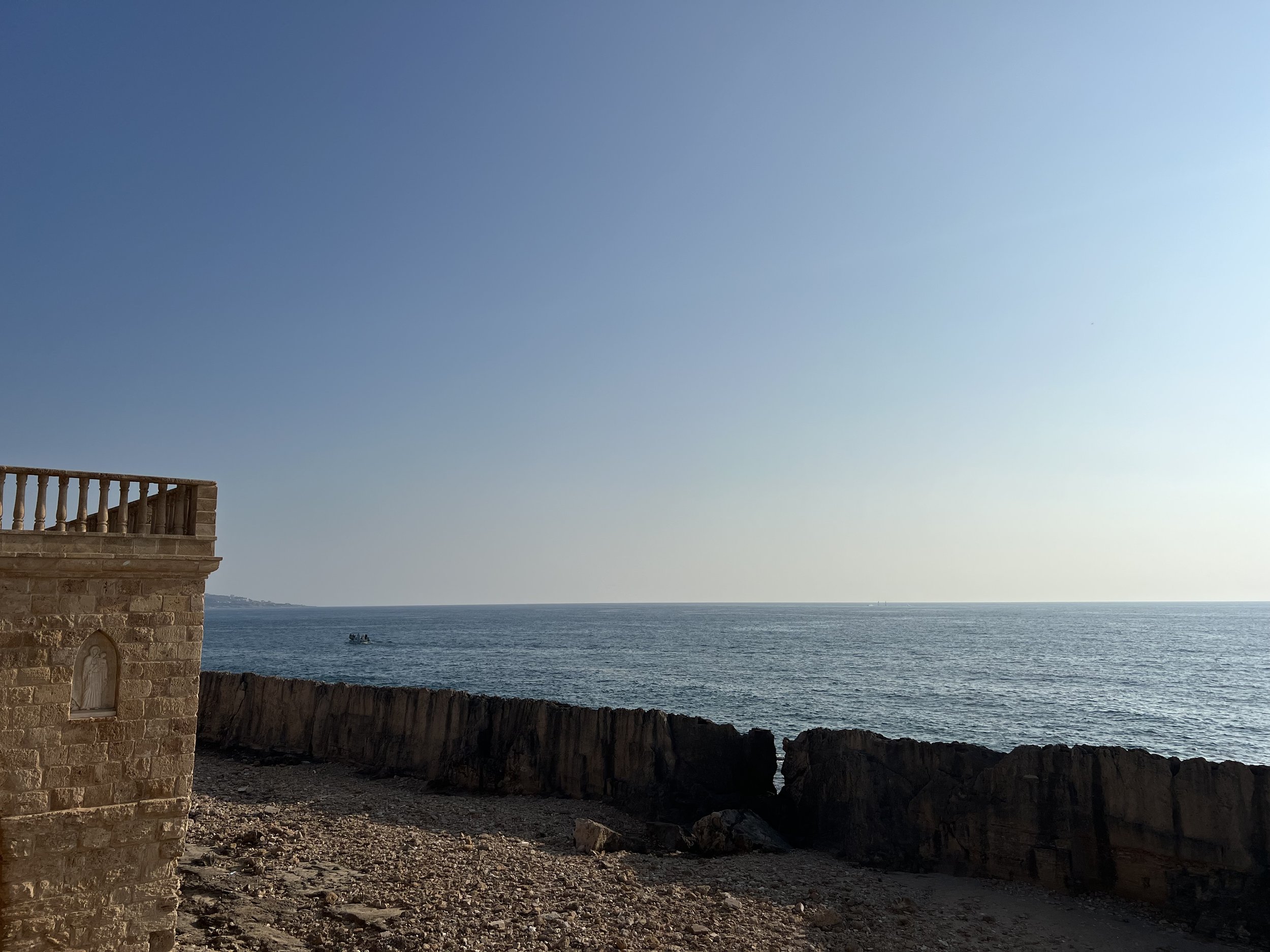
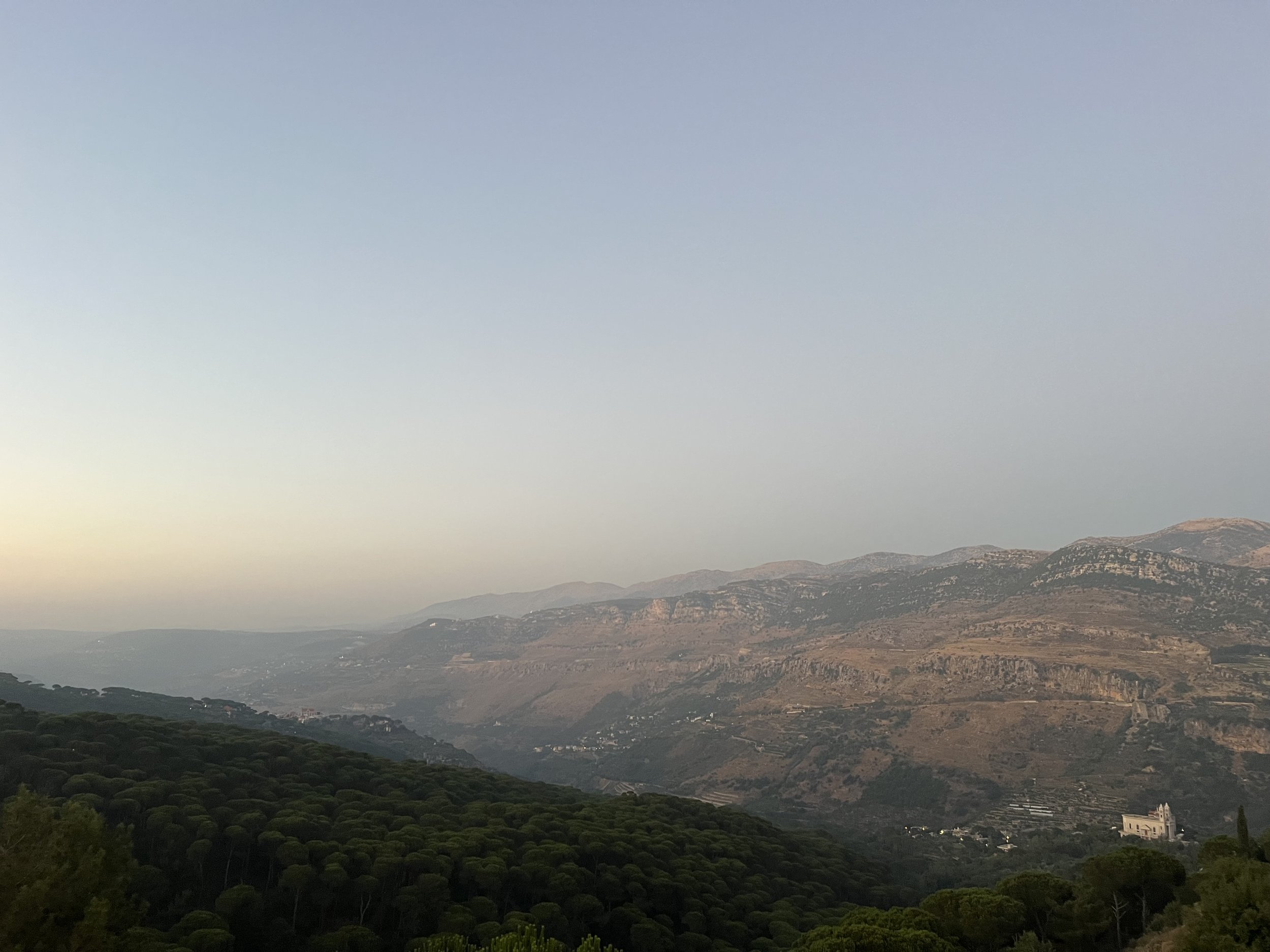
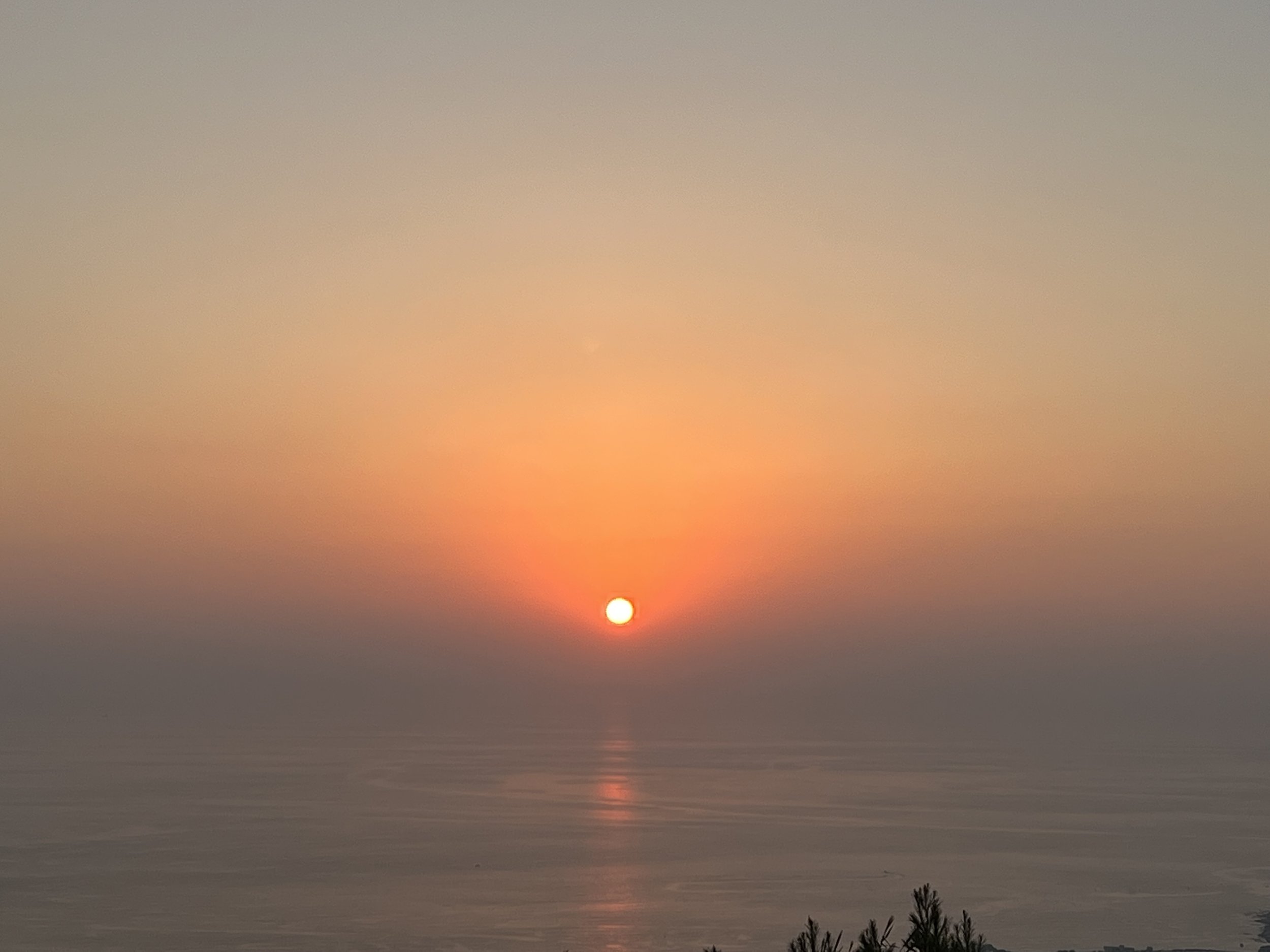
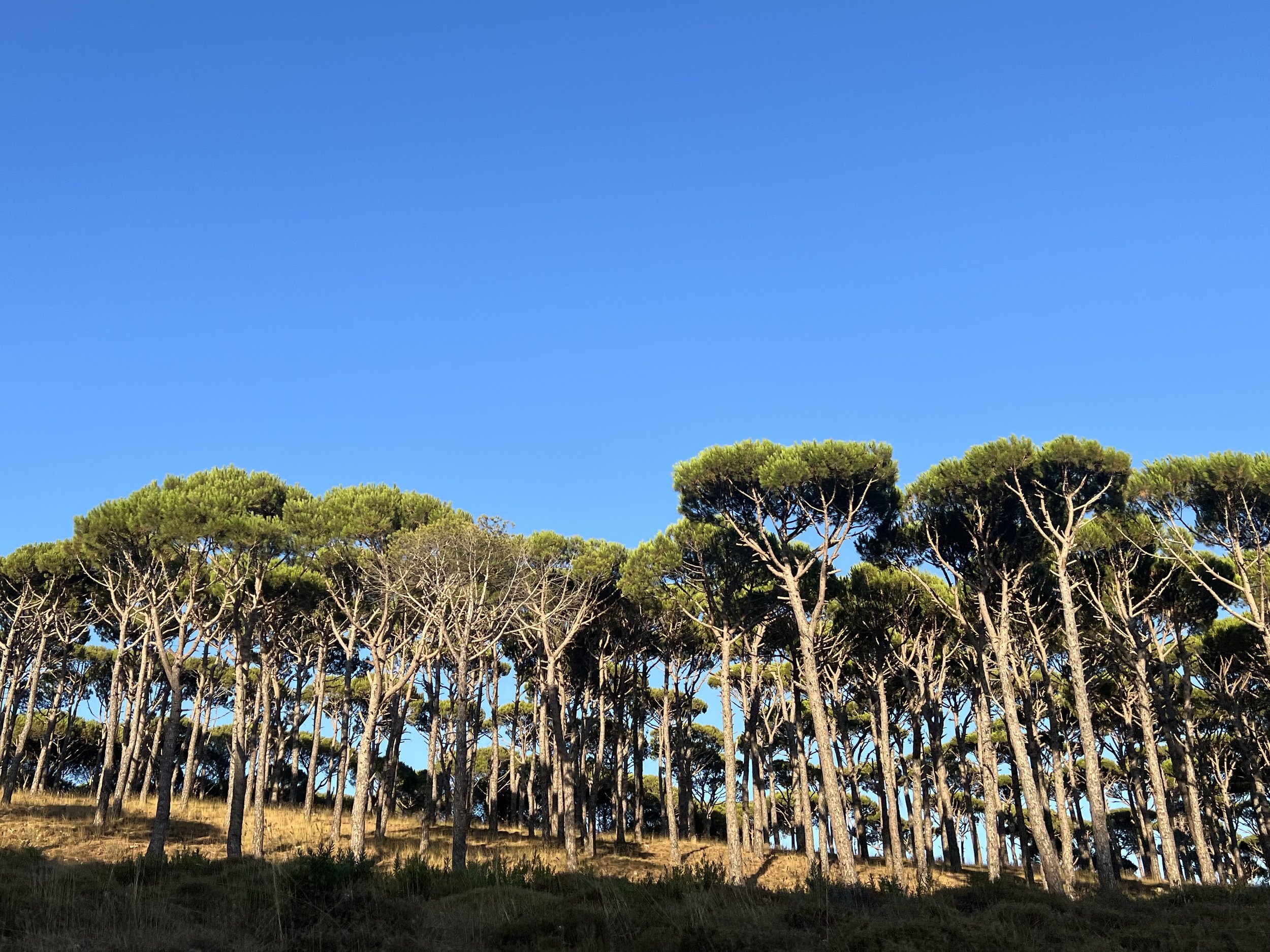
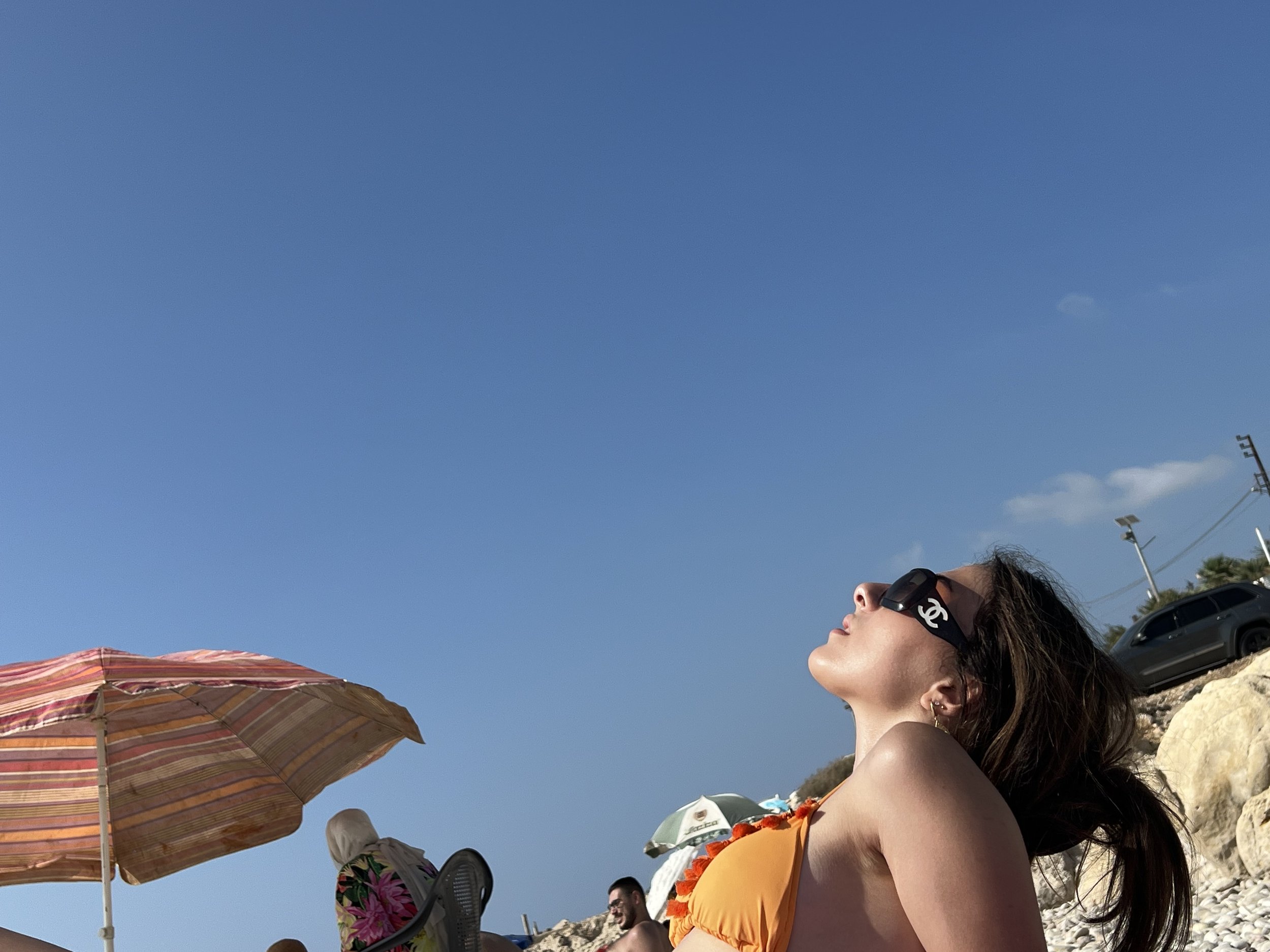
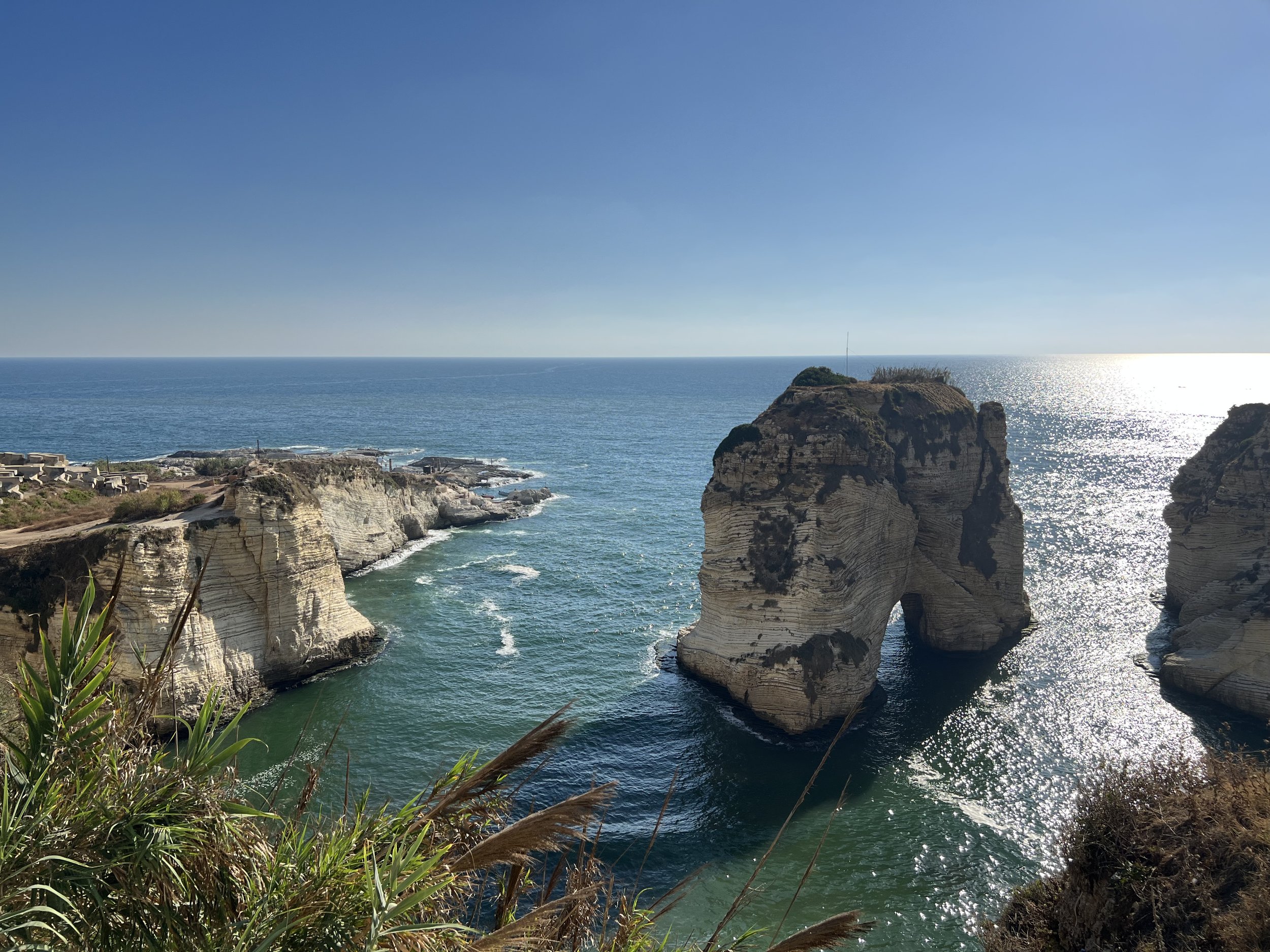
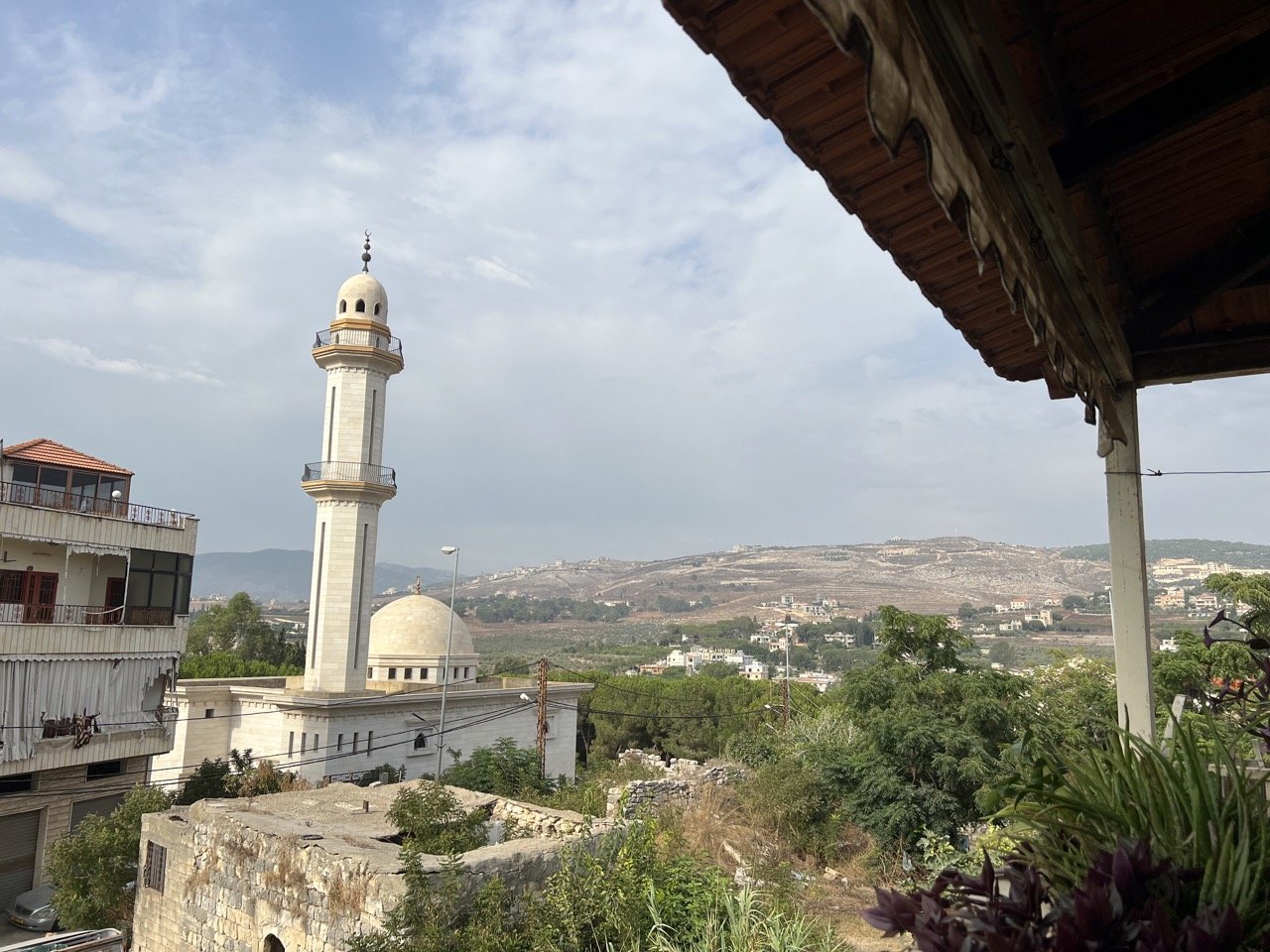
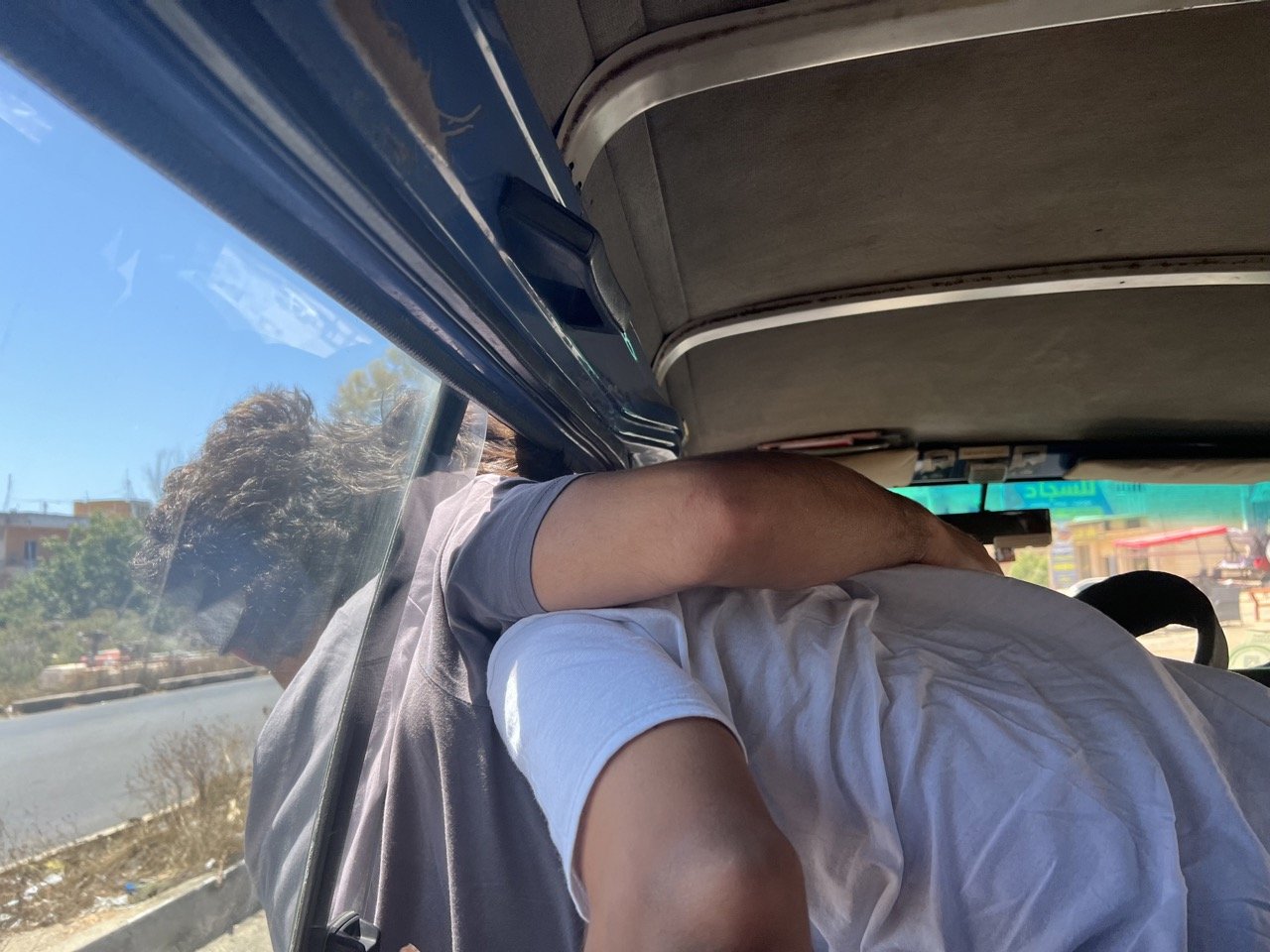
Summers spent in Lebanon run the same. We visit the same people, go see the same sites, swim in the same lake. Only the passage of time is able to reveal to us what has changed in between visits.
The apartment complex which once had all of us under its roof will one day be left empty. My grandpa, who still rises at five in the morning to tend to his chickens and beehives, will one day no longer be able to make that journey. My grandma’s knee will not bend like it used to as she goes to pray. My sister, too, will finally figure out what she wants to do with her life, far from home. And soon, my parents will leave New York City, retreating to a quaint coastal town in the South of France. I will be busy with work, friends, and a partner. The paths that connect us will fade, and the trail back home will grow difficult with conflicting personal responsibilities. The effort to return will become a collective commitment, each visit a reminder of the time and energy required to reconnect.
For now, I preserve every glimpse of the hills caressing sunsets, motorcyclists on the highway, my family, and all which exists around us through a collection of photos. These images will eventually be the only tangible link to a landscape that is changing—faces that are aging, places that are shifting. I capture Lebanon before its change escapes me. Freezing it for an instance to forever relive it selfishly.
This place I attempt to keep alive in my memory is a small country in the Levant, known for its rich history, cedar trees, and za’atar, as well as a diverse religious population… and further known for its diaspora, of which I am a part, with more Lebanese people living abroad than within its borders.
This collection of photos includes Batroun, Beirut, Baalbek, Saida, and Jezzine—destinations that attract tourists eager to witness the country’s beauty. Yet, beyond the popular sites lie hidden gems which run through my blood and through my breath, they make me the woman I am today.
My family’s town of Nabatieh, home to 40,000 people, isn’t a typical tourist spot. It’s a place of unfinished developments, dusty streets without sidewalks, military checkpoints, frequent power outages, and limited English speakers. For those unfamiliar with its rhythms, Nabatieh might seem like an inconvenience, a place where taxis don’t exist, and directions are elusive. But for me, with twenty years of experience navigating its streets, it’s a place rich with life, history, and family.
There’s the annual religious celebration in July, where the streets fill with childhood favorites like manakeesh, maamoul, and rose-flavored Turkish delights. Theater reenactments take over the local mosque, while visits to the hairdresser—a few incomprehensible street corners away—become opportunities for gossip under the heat of blow dryers. My great aunt and uncle’s rug store, a sweltering room filled with Persian carpets, boiling tea, and the scent of tobacco, offers a Nabatieh experience.
The peak time for family gatherings is late after 9 p.m. on a balcony or in their garden with nuts, black tea or coffee, flaky delights, a citrus pound cake, some cigars occasionally hookah, and watermelon to finish up the slowly yawning crowd. During the daytime, when the heat becomes unbearable, a dip in a cousin’s pool—filled with last season’s dead bees and floating flower petals—provides some relief.
There’s always a trip to the southern river of Qaaqaaiyet El Jisr, where we gather around a table laden with the bounty of pita bread, our own handpicked green olives, figs, labneh, za’atar, a grill of shish tawook chicken and kafta with a heavy side of toum, tabouleh, fattouche, spinach fatayer, hummus), vine leaves, and the occasional large neon green 7-up bottle.
This meal is often surrounded by bickering family members, discussing politics or whether their society is crumbling, all while laughing hard enough that tea makes its way back up and out of our noses. Bottles of sugar are hung around the tent to occupy the pesky little wasps. Children run and play in the river, sliding their toes on enough rocks for a year's worth of cuts.
If you sit back for a moment and listen, you may witness the bellowing crickets performing their half-time show in the bushes. I revel in this chaos at the many family tables along the river – all here to eat, laugh and play.
A home town, a popular city, a river, or a cricket – I have attempted to capture what I can over the years. To hunt and gather whatever crumbs I could find worth being remembered decades in the future. If I can’t prevent my worries of time passing, I will shoot at it with the click of a button. As time moves forward, and as our paths diverge, I know that the images I’ve captured will be my connection to a place and a time that once was. The trail back home may appear fraught, but the memories—preserved in these photos—will always guide me back.
